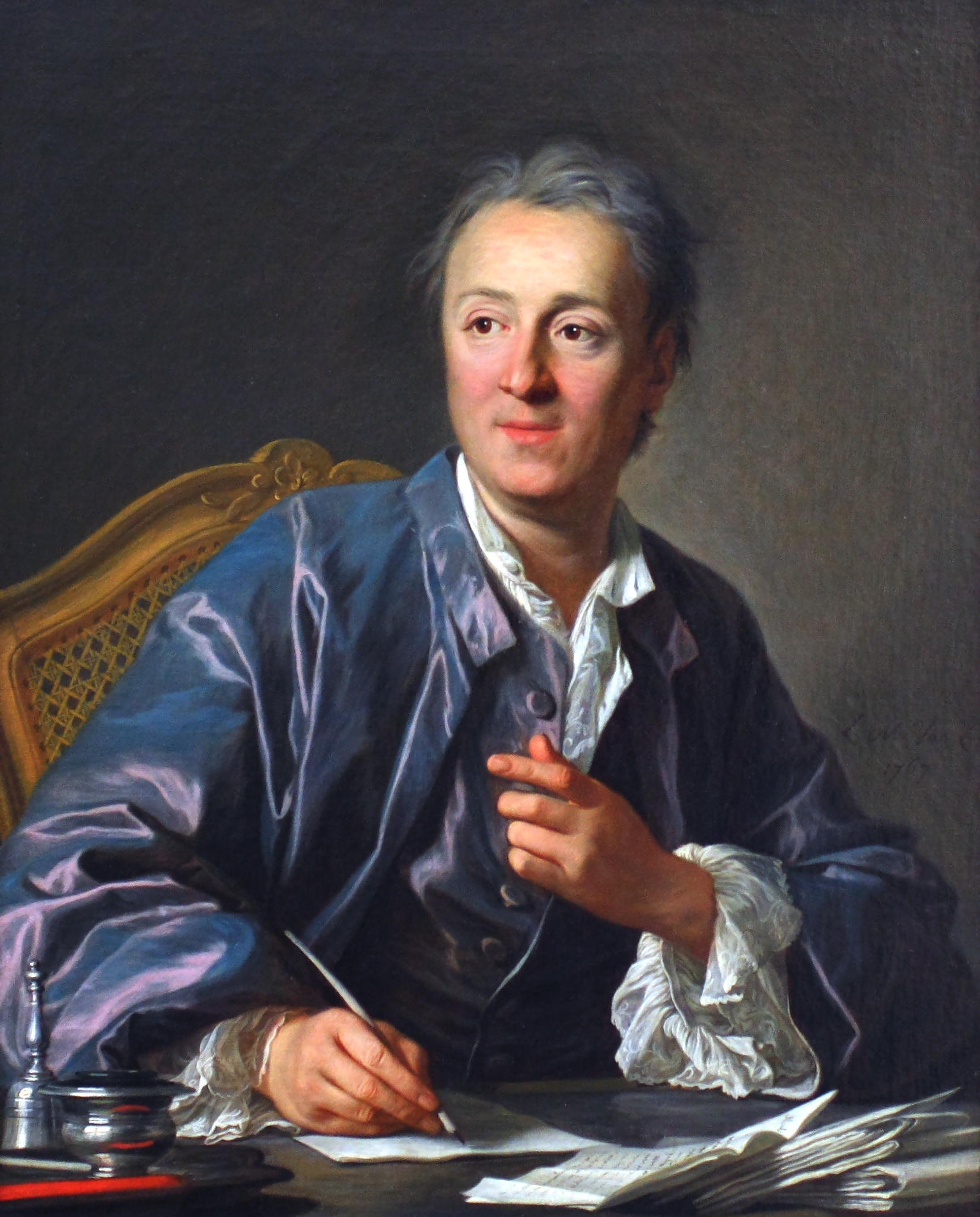There are things I can't force. I must adjust. There are times when the greatest change needed is a change of my viewpoint.

"Denis Diderot" was a French philosopher, art critic and writer. He was a prominent figure during the Age of the Enlightenment/Enlightenment and is best known for serving as co-founder, chief editor and contributor to the Encyclopédie along with Jean le Rond d'Alembert.
Diderot also contributed to literature, notably with Jacques the Fatalist/Jacques le fataliste et son maître (Jacques the Fatalist and his Master), which was influenced by Laurence Sterne's novel Tristam Shandy in challenging conventions regarding novels and their structure and content, while also examining philosophical ideas about free will. Diderot is also known as the author of the dialogue Rameau's Nephew/Le Neveu de Rameau (Rameau's Nephew), upon which many articles and sermons about consumer desire have been based.
If you enjoy these quotes, be sure to check out other famous editors! More Denis Diderot on Wikipedia.Men will never be free until the last king is strangled with the entrails of the last priest.
All children are essentially criminal.
Genius is present in every age, but the men carrying it within them remain benumbed unless extraordinary events occur to heat up and melt the mass so that it flows forth.
Only passions, great passions, can elevate the soul to great things.
The philosopher has never killed any priests, whereas the priest has killed a great many philosophers.
I can be expected to look for truth but not to find it.
The number of books will grow continually, and one can predict that a time will come when it will be almost as difficult to learn anything from books as from the direct study of the whole universe. It will be almost as convenient to search for some bit of truth concealed in nature as it will be to find it hidden away in an immense multitude of bound volumes.
If you want me to believe in God, you must make me touch him.
Our observation of nature must be diligent, our reflection profound, and our experiments exact. We rarely see these three means combined; and for this reason, creative geniuses are not common.
Skepticism is the first step on the road to philosophy.
There are three principal means of acquiring knowledge. . . observation of nature, reflection, and experimentation. Observation collects facts; reflection combines them; experimentation verifies the result of that combination.
The best mannered people make the most absurd lovers.
There is no moral precept that does not have something inconvenient about it.
Watch out for the fellow who talks about putting things in order! Putting things in order always means getting other people under your control.
A thing is not proved just because no one has ever questioned it. What has never been gone into impartially has never been properly gone into. Hence scepticism is the first step toward truth. It must be applied generally, because it is the touchstone.
We swallow greedily any lie that flatters us, but we sip only little by little at a truth we find bitter.
Copyright © 2024 Electric Goat Media. All Rights Reserved.